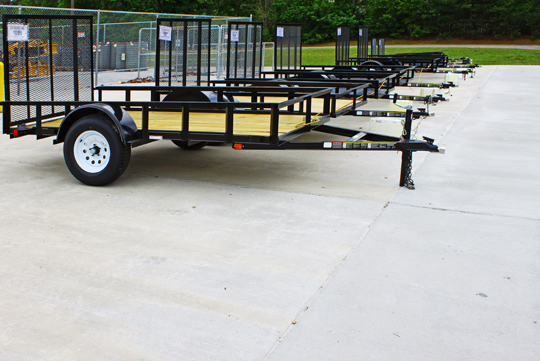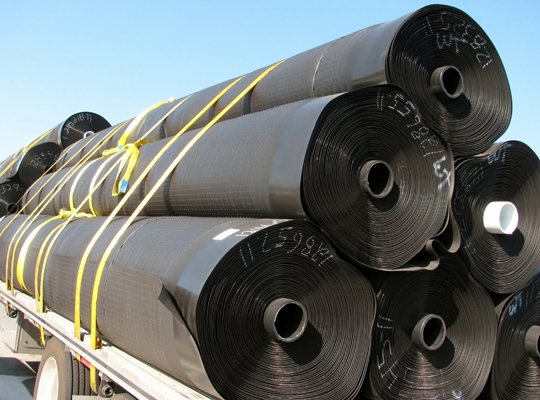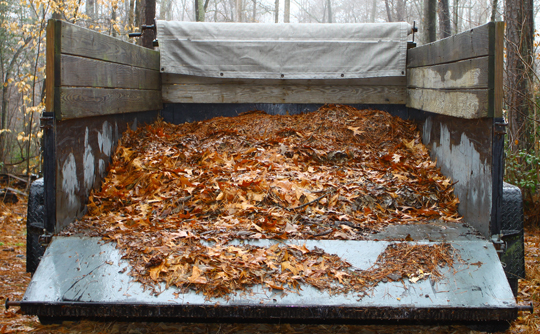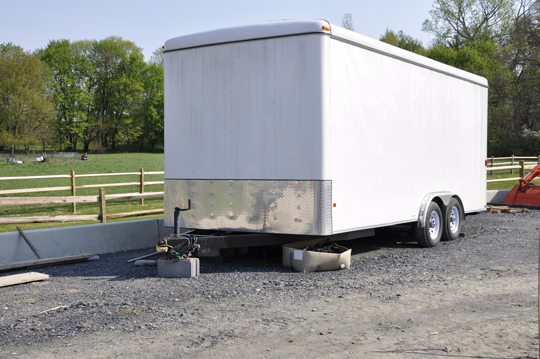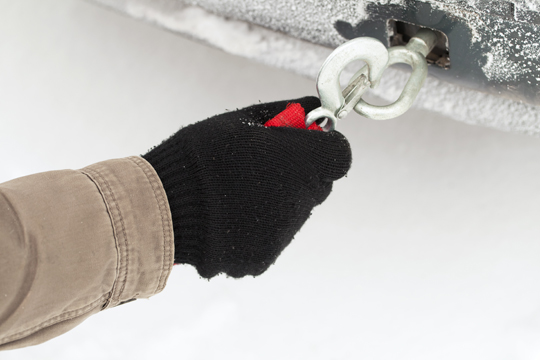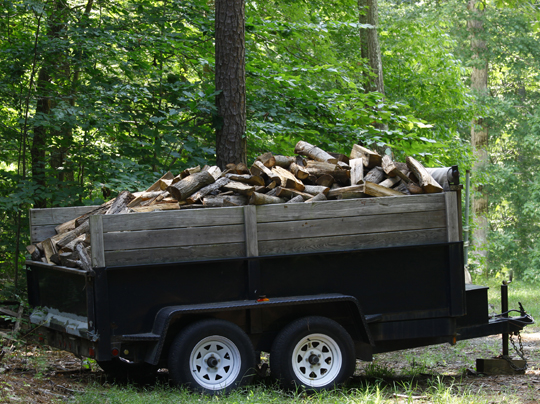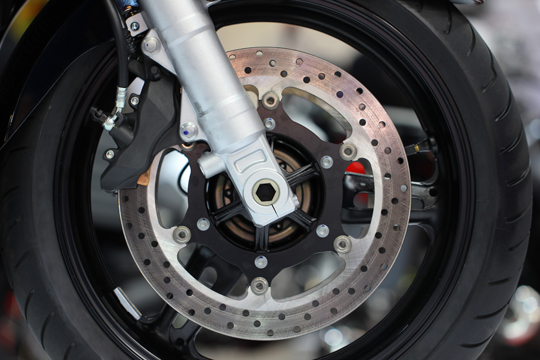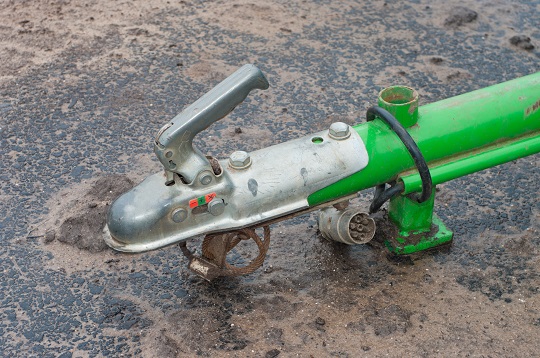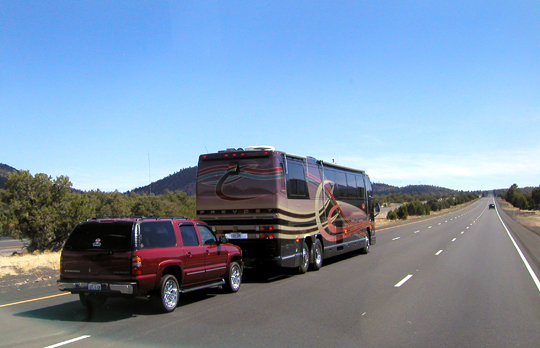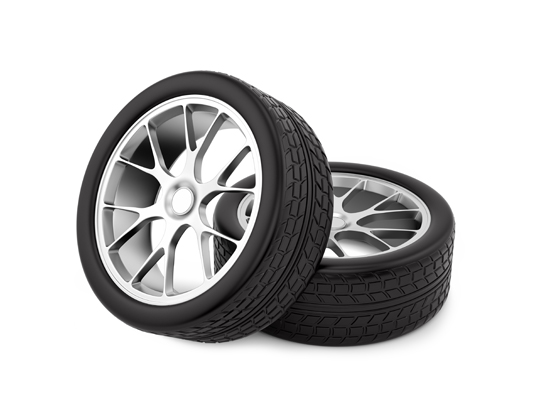Utility trailers can sure come in handy when you have a project which requires you to lug around large loads of materials. After all, you can only fit so much into the bed of a pick-up truck or another vehicle. Just make sure you know how to handle the added load out on the road.
Utility trailers can be found at a number of home improvement stores. For those who are big fans of Lowe’s Home Improvement, you are also in luck. Many shoppers have invested in Lowes utility trailers when the need cropped up.
Let’s take a glance at what Lowes utility trailers can offer you by way of selection and value.
Something For Small Projects
While utility trailers are certainly an investment, they don’t always have to break the bank — especially for small projects. Lowe’s offers utility trailers for as little as $450. These trailers are roughly five feet long and three-and-a-half feet wide.
This size of a trailer can still be an asset to your project, but won’t cost you an arm and a leg.
Need More Bells And Whistles?
Maybe you’re starting your own landscaping business and need a trailer with a ramp. Maybe you need a lot of space. Lowe’s also offers solutions for this demographic, offering trailers that are six feet by 12 feet. These trailers are made out of a variety of materials, from treated lumber to metal, but all of them promise to be durable. This is important, because your utility trailer will no doubt take a pounding over its life.
Just Rent One
Most home improvement stores know that customers do not want to purchase high-end equipment to use just one time. That’s why they offer rental services. This gives you access to all the heavy-duty equipment you need, but you don’t have to buy it.
If you need Lowes utility trailers for a one-time project, check to see if your local store offers them as rentals.
Need Some Help With That?
Whether you need help towing a utility trailer or need to find someone to help with your latest project, TalkLocal is your connection to local service professionals. We do ALL the searching for you and deliver quality results you can use.

